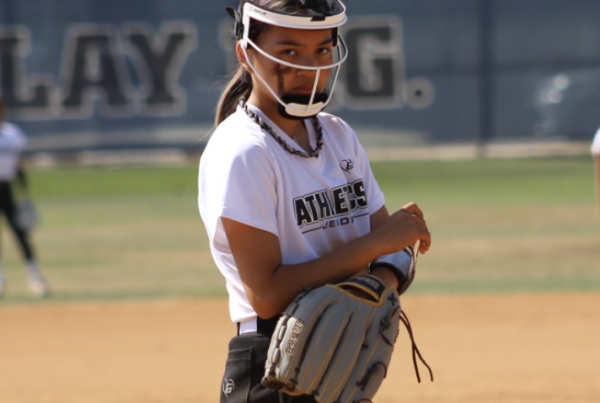Baseball tryouts can be nerve-wracking experiences for even the most seasoned players. With so much riding on your performance, it's crucial to prepare as thoroughly as possible to give yourself the best chance of success. In this article, we'll cover everything you need to know to prepare for baseball tryouts, from understanding the tryout process to developing your skills and mental fortitude.
Understand the Tryout Process
Before diving into your preparation, it's essential to understand what the tryout process will entail. This can vary between teams and organizations, so it's a good idea to do some research and find out what to expect.
Research the Team and Coaches
One important aspect is researching the team and the coaches who will be running the tryouts. This can give you valuable insights into what they are looking for and how they will evaluate you. You can also gain a better understanding of the team's playing style, which can help you prepare accordingly.
For example, if the team is known for its fast-paced offense, you may want to focus on improving your speed and agility. On the other hand, if the team is known for its strong defense, you may want to focus on your defensive skills and positioning.
Researching the coaches can also give you an idea of their coaching style and personality. This can help you determine if you will be a good fit for the team and if you will enjoy playing under their guidance.
Know the Tryout Format
Another important aspect is knowing the tryout format. Will there be drills or simulated games? What specific skills will be evaluated? Knowing what to expect can help you tailor your preparation and approach the tryouts with confidence.
It's also important to know how the tryouts will be scored or evaluated. Will there be a point system or will the coaches make subjective decisions? Understanding the evaluation process can help you focus on the areas that will be most important to the coaches.
Learn About Team Expectations
Finally, it's crucial to learn about the team's expectations. What are they looking for in their players, both on and off the field? Understanding these expectations can help you demonstrate your value and show that you are a good fit for the team.
For example, if the team values teamwork and leadership, you may want to highlight your experience working with others and your ability to motivate and inspire your teammates. If the team has a strong community outreach program, you may want to showcase your involvement in volunteer work and community service.
By understanding the tryout process, researching the team and coaches, knowing the tryout format, and learning about team expectations, you can better prepare yourself for a successful tryout and increase your chances of making the team.
Physical Preparation
Preparing for baseball tryouts requires a combination of general fitness and baseball-specific skills. Here are some tips on how to physically prepare for the big day:
Develop a Training Plan
Before you start training, it's important to develop a plan that fits your schedule and goals. This could include a mix of strength training, cardio, and flexibility exercises to improve your overall fitness.
For strength training, focus on exercises that target the major muscle groups used in baseball, such as the legs, core, and upper body. This could include squats, lunges, push-ups, and pull-ups.
Cardiovascular exercise is also important, as baseball requires short bursts of high-intensity effort. Activities like sprints, interval training, or biking can help improve your endurance and stamina.
Finally, prioritize flexibility and mobility training to help prevent injuries and improve your range of motion. Activities like yoga, foam rolling, and dynamic stretching can be particularly helpful.
Focus on Baseball-Specific Exercises
In addition to general fitness, it's important to devote time specifically to baseball skills. This could include hitting off a tee, fielding grounders, working on throwing mechanics, and practicing base running techniques.
When practicing hitting, focus on your form and technique. Make sure you're using the correct grip and stance, and practice hitting to all fields.
For fielding practice, work on your footwork and glove positioning. Practice fielding grounders from different angles and distances, and make sure you're using proper throwing mechanics when making the throw to first base.
When practicing throwing, focus on accuracy and velocity. Work on your arm strength and mechanics, and practice throwing from different positions and distances.
Finally, when practicing base running, focus on your speed and agility. Practice getting a good jump off the base and rounding the bases efficiently.
Improve Cardiovascular Fitness
As mentioned earlier, cardiovascular fitness is crucial for baseball players. In addition to sprints and interval training, you can also improve your cardio by doing drills that simulate game situations. For example, you could set up cones to simulate running the bases, or do shuttle runs to simulate fielding a ball and throwing it to first base.
Prioritize Flexibility and Mobility
Flexibility and mobility are key components of any training program, but they're especially important for baseball players. In addition to yoga, foam rolling, and dynamic stretching, you can also incorporate exercises that focus on specific areas of the body, such as hip openers and shoulder stretches.
Remember, the key to success at baseball tryouts is preparation. By developing a well-rounded training plan that includes both general fitness and baseball-specific skills, you'll be setting yourself up for success on the field.
Skill Development
While physical preparation is important, it's not enough to succeed in baseball tryouts. You'll also need to focus on improving your specific skills and knowledge of the game. Here are some additional tips to help you improve your skills:
Hitting Techniques
If you're a batter, focus on refining your hitting techniques. This could include working on your swing mechanics, improving your hand-eye coordination, and developing a strategic approach to different types of pitches. One way to improve your swing mechanics is to work with a hitting coach who can help you identify and correct any issues with your swing. Another way to improve your hitting is to study the game and learn how to read pitchers. By understanding the different types of pitches and how they are thrown, you can develop a better approach at the plate.
Fielding Drills
For fielders, work on fielding drills to improve your reflexes and handling of different types of grounders and fly balls. Take time to practice your throws as well, including making accurate throws under pressure. One way to improve your fielding is to practice with a partner or coach who can hit you grounders and fly balls from different angles and at different speeds. This will help you develop better reflexes and improve your ability to handle different types of balls.
Throwing Mechanics
Speaking of throws, improve your throwing mechanics to make accurate and powerful throws from any position. Focus on the proper grip, body position, and follow-through to get the most out of each throw. One way to improve your throwing mechanics is to work with a coach who can help you identify any issues with your technique and provide drills to help you improve.
Base Running Strategies
If you're a runner, develop base running strategies to help you get around the bases as efficiently as possible. This could include practicing taking leads, learning how to read pitchers, and developing a quick first step. Another way to improve your base running is to study the game and learn about different base running strategies. By understanding the game and developing a strategic approach to base running, you can become a more efficient and effective runner.
Remember, improving your skills takes time and effort. By focusing on these areas of skill development, you'll be well on your way to success in baseball tryouts and beyond.
Mental Preparation
Finally, don't overlook the importance of mental preparation. Baseball tryouts can be high-stress environments, and being mentally prepared can give you an edge over your competition.
One way to mentally prepare for tryouts is to set aside time to reflect on your strengths and weaknesses. Think about what you bring to the team and where you can improve. This self-reflection can help you focus on your goals and give you a sense of purpose during the tryouts.
Set Realistic Goals
Start by setting realistic goals for yourself. What do you want to accomplish in the tryouts? Focus on specific, measurable goals that will help you stay motivated and on track.
For example, if you're a pitcher, set a goal to throw a certain number of strikes during your tryout. Or, if you're a batter, set a goal to make contact with the ball during each at-bat. These goals will help you stay focused and give you something to strive for during the tryouts.
Visualize Success
Next, practice visualization to help build your confidence and focus. Imagine yourself succeeding in different scenarios, from hitting a home run to making a diving catch in the outfield.
Visualization can help you feel more comfortable and confident during the tryouts. It can also help you prepare for different situations that may arise, such as fielding a difficult ground ball or making a quick throw to first base.
Manage Pre-Tryout Anxiety
Don't let pre-tryout anxiety get the best of you. Use relaxation techniques like breathing exercises or meditation to help you stay calm and focused.
It's normal to feel nervous before tryouts, but you don't want your anxiety to affect your performance. Take deep breaths, visualize a calming scene, or try progressive muscle relaxation to help you relax and stay focused.
Develop a Positive Attitude
Finally, develop a positive attitude towards the tryouts. Be confident in your abilities and approach each aspect of the tryouts with a can-do attitude. This will help you stand out and make a positive impression on the coaches.
Remember, coaches aren't just looking for players with physical skills. They also want players who are coachable, positive, and willing to work hard. Approach the tryouts with a positive attitude and a willingness to learn, and you'll be sure to impress the coaches.
Conclusion
Preparing for baseball tryouts is a multi-step process that requires both physical and mental preparation. By understanding the tryout process, developing a training plan, focusing on skill development, and building mental fortitude, you can give yourself the best chance of success. Remember to stay focused, stay motivated, and stay positive, and you'll be well on your way to earning your spot on the team.






